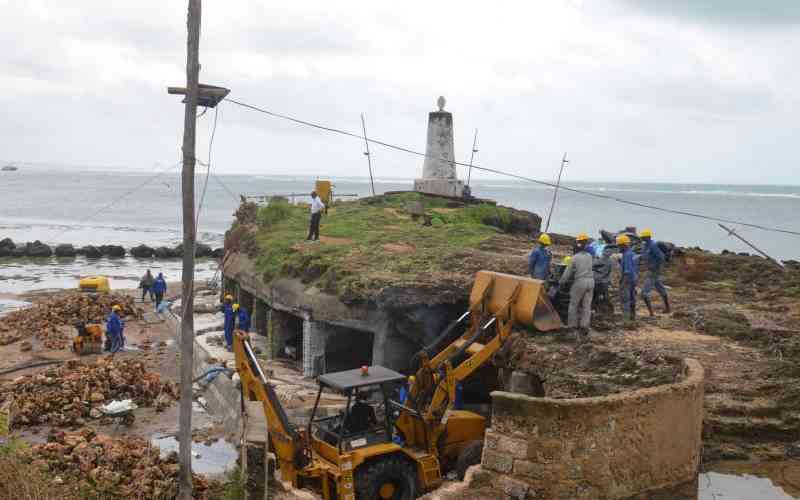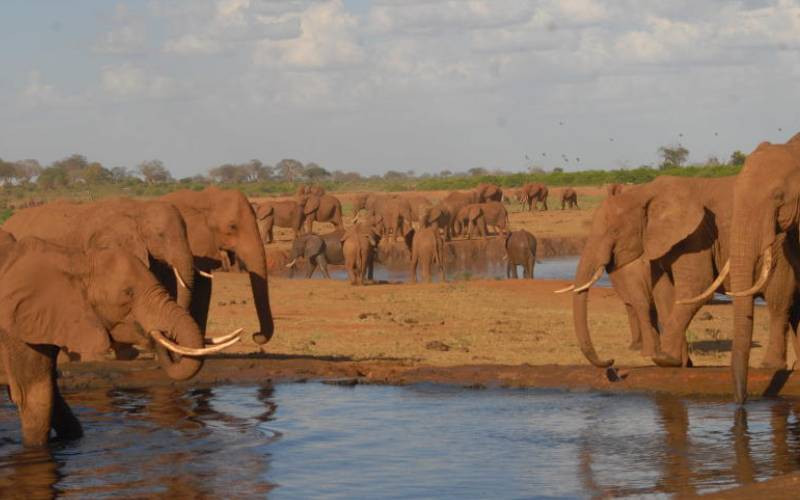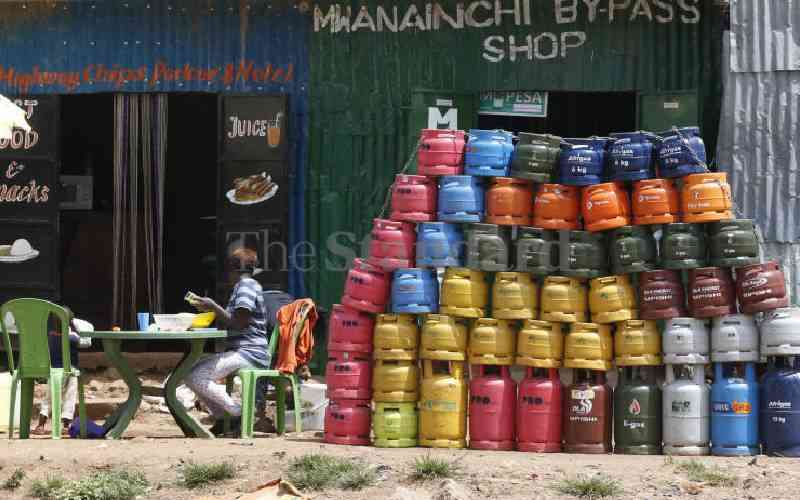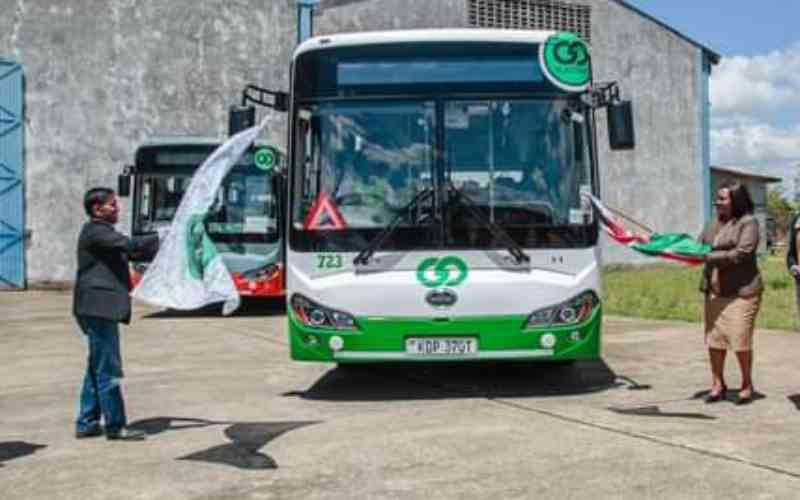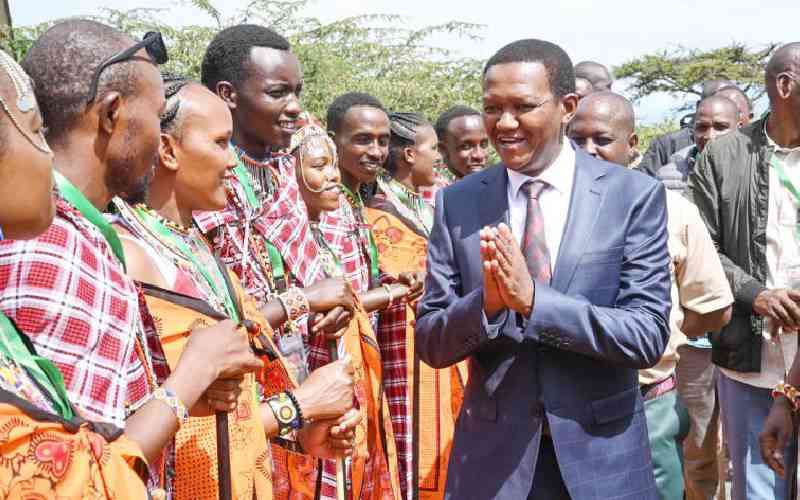All over the city of Kigali are billboards proclaiming: “Local is Durable: Buy Made in Rwanda”. And Rwandans are snapping up locally made products gladly, mixing patriotism with commerce.
One reason is evident in the slogan, “Local is durable”.
Rwanda may be one of the smallest countries in East Africa, but it is determined to race ahead of its neighbours, and we would do well to pick some lessons from it.
Already, in the last decade, the country’s growth has averaged 8 per cent a year, and it has seen rapid drops in poverty and inequality, according to the World Bank.
Warning shots
Its national carrier, Rwandair, though not ranked among the best in the region, has issued warning shots to its competitors. The airline’s strong point may not be brand reputation — which does not always translate into more money — but it is determined to race ahead in service delivery.
The one-hour flight from Nairobi to Kigali, for instance, is staffed by friendly crew willing to go out of their way. I had earlier flown one of Rwandair’s rivals and asked to be assisted with closing the windows; I was told to do it on my own.
And instead of being handed a handful of peanuts and a small cup of juice, as is the case when flying one-hour routes with some of the region’s airlines, Rwandair served a full meal.
These perks do not come at an overly high ticket price. One of Rwandair’s managers, who asked not to be named, said more and more Rwandans, and East Africans, are turning to the airline for its service and prices. Rwandair is 100 per cent state owned.
After the 1994 civil war that left about a million Tutsis and moderate Hutus dead, Rwanda has embarked on rigorous reconstruction.
The country thinks of little else but business and the economy. Newspapers reflect this attitude — there are no scintillating or scandalous headlines. The focus is on pushing the country forward and attracting foreign direct investments into various economic sectors.
So, of the two magazines you find in a Rwandair flight, one is on free economic zones where investors are given incentives.
And after the horrors of the civil war, Rwanda is today one of the most peaceful and secure countries in Africa. The police and military are always on high alert. Even in low-income areas, people can walk around in the middle of the night without having to look over their shoulders.
Community policing is also well entrenched. Each household pays 1,000 Rwandese francs (Sh130) to support community police officers per month.
These officers are registered and heavily regulated by the police, lest they turn into a ragtag military outfit. The police line every street, and in the evening, army officers leave the barracks to join them.
Repressive regime
Rwandan President Paul Kagame has, however, been accused of creating a repressive regime that clamps down on dissent. There is debate on whether Mr Kagame’s regime has succeeded in imposing fear rather than discipline in the people.
Still, security remains a defining part of Rwandan life, so much so that we are told burglaries are so rare that if they do happen, they make ‘breaking news’ segments. This has been good for investment.
Further, each of Rwanda’s about 11 million people has medical insurance, known as mitiwel-a, and pays 1,000 Rwandese francs a month for it. It is similar to our National Hospital Insurance Fund (NHIF), and grants every citizen the right to get treatment from the best hospitals in Rwanda.
Kigali is famed for its spruced up streets. Once a month, everyone participates in general clean up, known as omuganda. On this day, everything else stops.
The city’s roads are pothole free, motorists are disciplined, trucks keep to designated roads, and matatus and boda boda operators obey traffic rules.
This is not to say that there is no graft, but Rwanda is often listed among the least corrupt countries in Africa in Transparency International’s corruption perception index.
These are the things that have made Rwandans proud of their country and its products. They have embraced everything Rwandan because they consider their patriotism justified.
[email protected]
 The Standard Group Plc is a multi-media organization with investments in media
platforms spanning newspaper print operations, television, radio broadcasting,
digital and online services. The Standard Group is recognized as a leading
multi-media house in Kenya with a key influence in matters of national and
international interest.
The Standard Group Plc is a multi-media organization with investments in media
platforms spanning newspaper print operations, television, radio broadcasting,
digital and online services. The Standard Group is recognized as a leading
multi-media house in Kenya with a key influence in matters of national and
international interest.
 The Standard Group Plc is a multi-media organization with investments in media
platforms spanning newspaper print operations, television, radio broadcasting,
digital and online services. The Standard Group is recognized as a leading
multi-media house in Kenya with a key influence in matters of national and
international interest.
The Standard Group Plc is a multi-media organization with investments in media
platforms spanning newspaper print operations, television, radio broadcasting,
digital and online services. The Standard Group is recognized as a leading
multi-media house in Kenya with a key influence in matters of national and
international interest.


